Harvard Chan C-CHANGE taps into the collective knowledge of student leaders at the Harvard Chan School, through our Student Ambassador Program.
This year-long program equips Harvard Chan master and doctoral students with critical skills to become climate and health leaders. The program cultivates a community of students at Harvard Chan who are interested in climate change, strengthens the connections between the Center and departments across the school, and helps students understand how climate change impacts their respective fields of study.
For more information, contact Skye Flanigan.
Student Ambassadors

Doctoral Student of Public Health
Eirliani Abdul Rahman (aka “Lin”) is a final-year student in the doctoral program in public health (DrPH). She would like to leverage the C-CHANGE program to bring attention to climate change as an important risk factor for human trafficking. Her diplomatic experience, having served in the Singapore Foreign Service, coupled with working for the Nobel Peace laureate Kailash Satyarthi, gives her a unique perspective on public health challenges, especially the link between human trafficking and poor health. A Fellow of the Royal Society for the Arts, she loves exploring the Arctic and trained with renowned polar explorers Matty McNair and Sarah McNair-Landry over two winters in Nunavut, Arctic Canada. Lin plans to ski the last degree to the North Pole post-graduation to raise awareness on child sexual abuse, being a survivor herself.
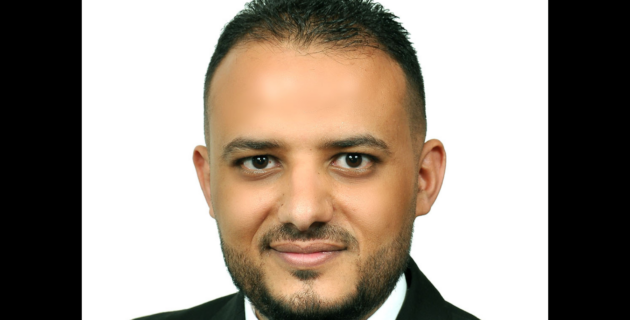
Masters Student in Nutrition
Amr Al-Absi is a first-year MPH student in nutrition and an International Students Advocate at Harvard Chan. He is interested in the connections between climate and health in particular because as an MPH student, he knows that climate change can adversely affect human health by intensifying existing health issues, facilitating the spread of diseases, and increasing the frequency and severity of extreme weather events, thereby posing considerable threats to global public health. As a Harvard Chan C-CHANGE Student Ambassador, Amr hopes to deepen his understanding of climate change and its intersection with public health, engage in meaningful advocacy and outreach activities, and contribute to fostering awareness and sustainable solutions within the community.
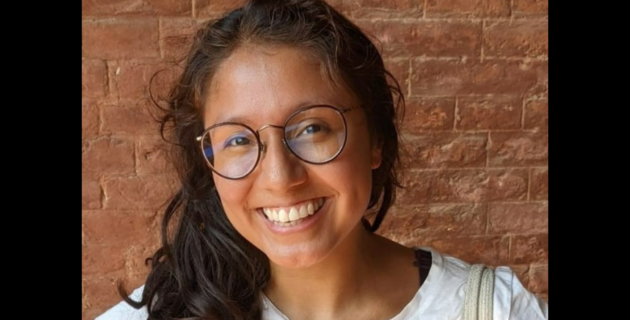
Masters Student in Environmental Health
Jane Berrill is a second year Master of Science student in Environmental Health. She is interested in the intersection of climate, urban health, and the built environment. Before entering this program, she worked as a research assistant for the Nurses’ Health Study 3 and the Growing Up Today Study. Jane comes from an interdisciplinary background and studied political science and the history of art & architecture at Amherst College. As a Harvard Cyprus Intern, she is currently researching how climate impacts the physical activity of children with asthma in Cyprus and Crete. Additionally, she is studying how greenspace, the built environment, and climate impact dementia risk for her Master’s thesis. She enjoys drawing, rock climbing, biking, and reading in her spare time.
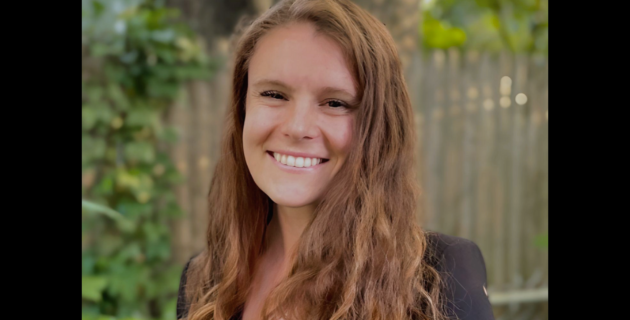
Doctoral Student in Health Policy
Rebecca Bromley-Dulfano is a second-year student in the Health Policy PhD program at Harvard and fourth year medical student at Stanford School of Medicine. Her interests in climate and health include empowering medical and public health professionals to support patients through climate shocks such as wildfires, floods, and heat waves, and improving the sustainability of clinical practice in the US. She is one of the co-founders and former directors of Stanford Climate and Health, a student-led group formed around projects spanning across the many intersections of climate change and health. Through SCH, she co-founded and helped organize the annual NorCal Symposium on Climate, Health and Equity (first held in 2020), to bring together major academic medical institutions and community partners across the Bay Area to take local climate action. Her previous research has focused on the comparative sustainability of reusable PPE over single-use disposables in healthcare settings. During her time in medical school, she also partnered with the Santa Clara County Public Health Department to help support the development of a climate health equity and vulnerability assessment for the county, and with the Santa Clara County Office of Sustainability to develop a county-wide ecosystem map of the community based organizations working on community climate resilience.
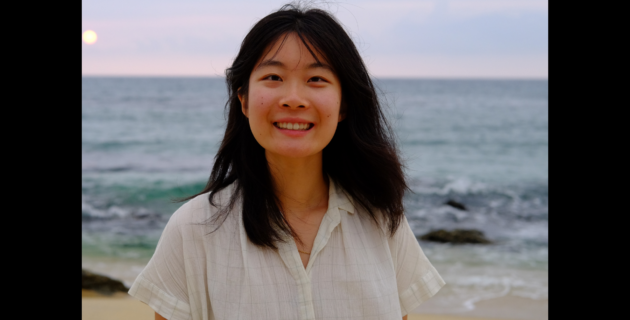
Masters Student in Global Health & Population Sciences
Casey Dai is a first-year Master of Science in the Department of Global Health & Population Sciences at the Harvard T.H. Chan School of Public Health. She is interested in climate change and the myriad ways, both seen and unseen, that the environment impacts our health. Her research interests are multidisciplinary, spanning geographies of global development to spatial mapping to maternal and child health. To this end, she spent her undergraduate at UC Berkeley studying public health, molecular environmental biology, and global poverty & practice, where she dove deep into building ambient air pollution models in rural Tamil Nadu. When she’s not wading through files in R, Casey can be found nose-deep in a book (currently: The Great Derangement), whizzing around town on her bike, or scheming about where to travel next.
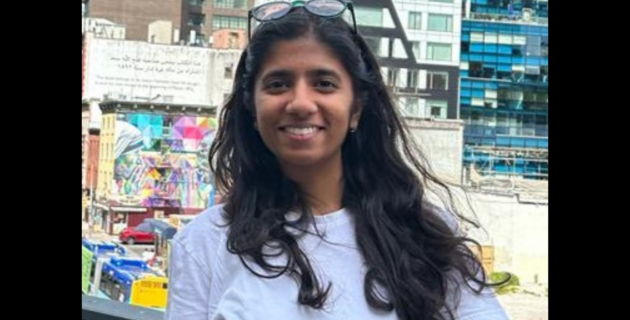
Masters Student in Environmental Health
Khushi Desai is a second-year Masters student in the Environmental Health department at the Harvard TH Chan School of Public Health. Her research is focused around indoor exposures to infectious diseases, toxic building materials, the intersections between the built environment, climate change and human health, and water-based toxic exposures. She combines these analyses with economic evaluations to develop the ‘business case’ for healthier buildings and remediation and/or abandonment of toxic chemicals in supply chains. Her thesis leverages the carbon offsets market to motivate the investment in low-carbon cementitious materials, by estimating the environmental and health savings by making the shift.
Before joining the Masters program, Khushi worked as an Analyst in the Urban Sanitation team at Dasra, India, where she led knowledge codification, policy drafts and technology reviews for faecal sludge management that fed into the flagship National Clean India Mission – as part of a Gates Foundation grant. Khushi also graduated with a BA in Economics from St. Xavier’s College, Mumbai. She is passionate about developing science-based frameworks that enable market-based solutions to the most pertinent climate, environmental and health challenges of our times. Outside of work, Khushi loves dancing (as a trained classical Indian dancer), board games and reading.
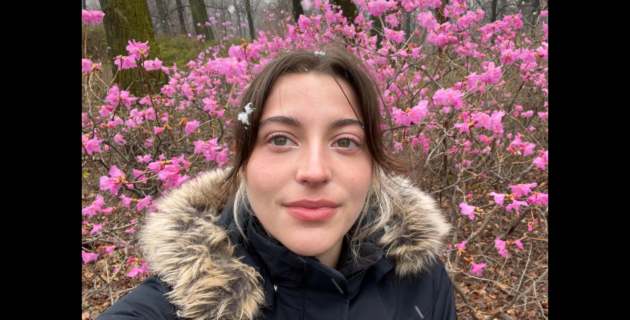
Masters Student in Environmental Health
Claire Dinehart is a second-year Master’s student in the Environmental Health department. She graduated from the University of Utah in 2021 with dual degrees in Environmental & Sustainability Studies and Psychology. Her main area of interest is in the characterization of environmental health exposures and their distribution throughout local communities. She is currently working with the National Studies on Air Pollution and Health group to research the impacts of extreme temperature events on Parkinson’s disease-related hospitalizations.
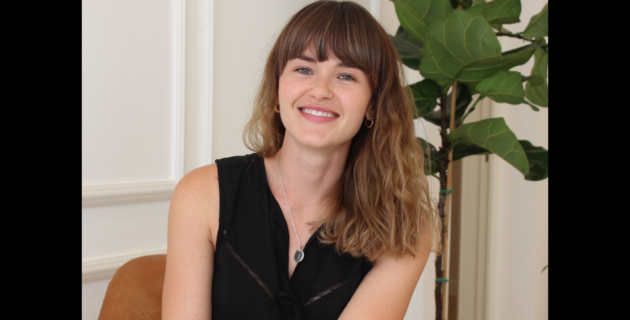
Masters Student in Health Management
Jess Freedman is an MPH student at Harvard T. H. Chan, in the department for Health Policy and Management. Jess is a mathematician by background, she graduated from the University of Oxford with a BA Hons in Mathematics and Statistics in 2016. Jess started her career in strategy consulting, specializing in Healthcare. For the past couple of years, Jess has been working in venture capital, leading Digital Health and ClimateTech investments for an early-stage fund. She is passionate about the intersection of public health and climate change and believes that system change requires tight coordination across the private sector, NGOs, governments, and activists. C-Change offers the opportunity to collaborate with students and academics across different disciplines to spark system change.
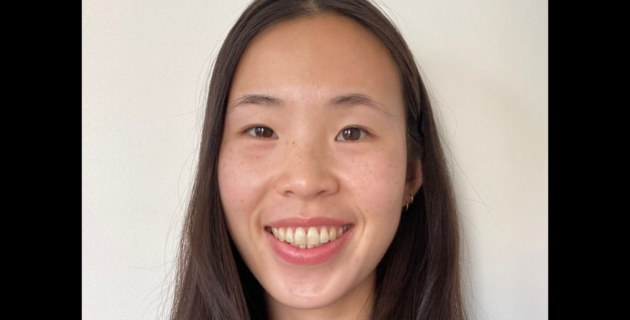
Doctoral Student in Population Health Sciences
Hana Lee is a second-year PhD student in the Population Health Sciences program at Harvard T.H. Chan School of Public Health. She received her MPH in Epidemiology from Emory Rollins School of Public Health and worked at the Centers for Disease Control and Prevention – Division for Heart Disease and Stroke Prevention, and Emory Health Services Research Center prior to joining Harvard. Her research interests include using spatial analyses and methods to assess multiple exposures to understand the link between disparities in environmental exposures and health outcomes. Hana is also interested in implementation science as a tool to effectively translate research findings to practice.
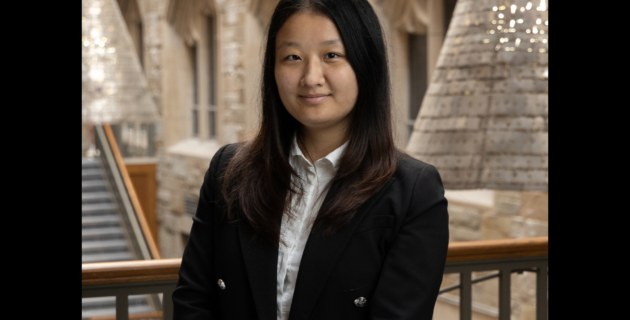
Masters Student in Environmental Health
Cynthia Ma is a first-year Master of Science student in Environmental Health at the Harvard T. H. Chan School of Public Health. She is primarily interested in the health implications of climate change and wants to build on her undergraduate research on household air pollution to better understand the complex interaction between energy, climate change, and health. Cynthia received her Bachelor of Arts degree in Environmental Studies from Boston College. In her free time, she enjoys taking dance classes, hiking, and baking.
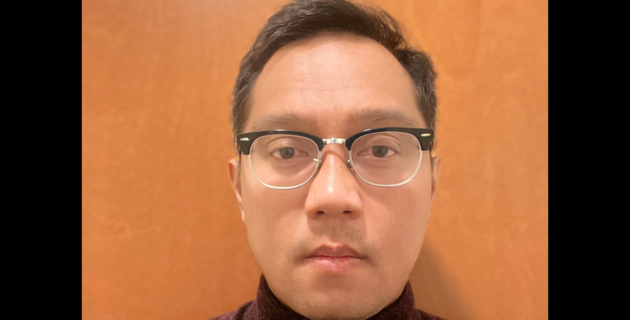
Masters Student of Health Data Science
Rex Manglicmot is a candidate for the Master of Science in Health Data Science at Harvard’s T.H. Chan School of Public Health. Rex is passionate about climate change and its integral role in society, especially health. Further, he believes climate change and health are intertwined in that both affect each other. Rex’s interests lie in many health facets, including law, clinical trials, disease prediction, and health concerns (i.e., dehydration from heat waves from climate-based occurrences). Rex hopes to dive into climate-related data and uncover new insights to create green, climate-focused policies promoting a healthy environment. Rex is eager to discuss climate and health, and you can find him in the Countway Library at the Longwood campus studying, reading, and enjoying a cup of hot green tea.
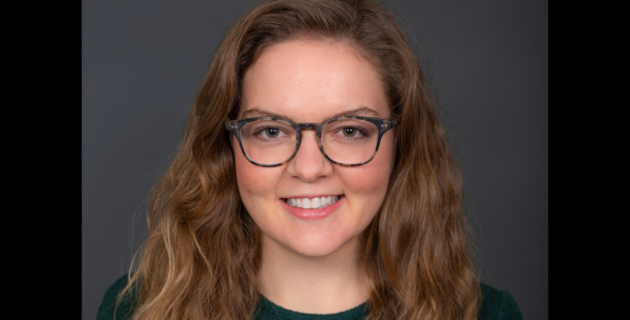
Doctoral Student in Population Health Sciences
Leah Martin is a first-year student in the Population Health Sciences (Environmental Health Epidemiology) PhD program, minoring in quantitative methods and environmental policy, at Harvard T.H. Chan School of Public Health (HSPH). In 2023 she received her MS in Environmental Health from HSPH, prior to which she held a variety of positions in Oregon and California. Her research interests include examining early-life environmental exposures (i.e., per- and polyfluoroalkyl substances) and reproductive health outcomes, with an emphasis on environmental justice and climate health topics. In her free time, she enjoys participating in art workshops, attending live music and sporting events, and relaxing at Walden Pond.
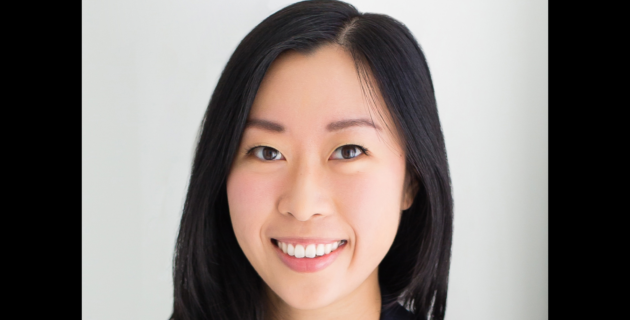
Masters Student in Social and Behavioral Sciences
Janice Mok is an MPH student at Harvard University, concentrating in Social and Behavioral Sciences. She is also a resident physician in Public Health and Preventive Medicine at Queen’s University in Canada, and is trained as a family physician. She is currently working with C-CHANGE on a project about climate change preparedness in the Philippines. She has an interest in healthy built environments, communicable diseases, and the intersection between social determinants of health and climate change, at the local level as well as globally.
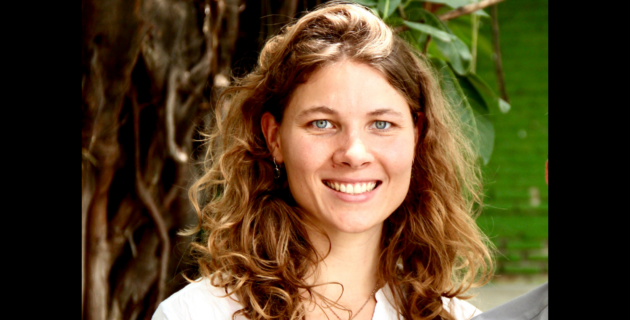
Masters Student in Global Health
Anna Moser is an MPH student in the department of Global Health at Harvard Chan. She previously worked in global development on land rights, climate justice and children’s rights with a regional focus on Brazil. She has a background in psychology and worked with patients suffering from treatment resistant depression. She is interested in the relationships between climate change and mental health, encompassing both the risks of climate change to mental health and the disproportionate burden of extreme weather events for populations with mental disorders.
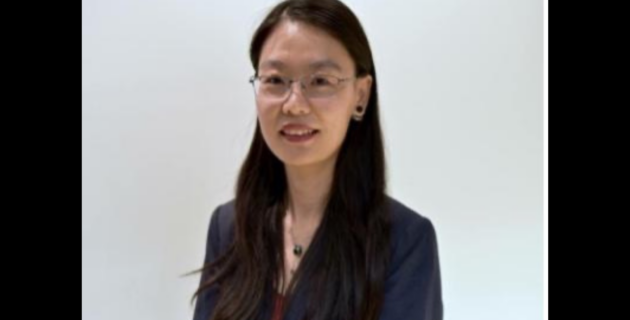
Doctoral Student of Public Health
Dr. An Na is a DrPH student at the Harvard T.H. Chan School of Public Health. For more than a decade, she has worked in humanitarian aid, witnessing the impacts of global climate change on vulnerable populations. Throughout her career, she has been promoting global humanitarian work by presenting her field experience to medical professionals and the public in China. With her extensive experience in global health, she is willing to work on improving poor health caused by disasters due to the global climate change through Harvard Chan C-CHANGE program.

Masters Student in Global Health & Populations
Charlie Nederpelt is an MPH student with the department of Global Health & Populations, where he studies the decision processes by which health resources are prioritized. Before attending Harvard, he finished Medical school in Leiden, The Netherlands, completed PhD research in the field of trauma epidemiology, and worked as consultant in national benefits package design.
His research focuses on estimating the ecological footprint of health services. The aim is to integrate the ecological footprint into health technology assessment and into health systems benchmarking. He hopes to accelerate healthcare decarbonization, and optimize resource allocation to optimally cost-effective, minimally polluting services.
Outside of school, Charlie enjoys anything outdoors, and playing rugby, cello and guitar.
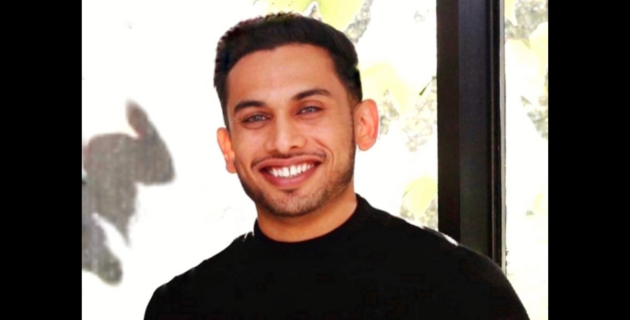
Doctoral Student in Nutrition
Nile Nair is a final year International PhD candidate from Fiji in the Nutrition Department with a focus in Nutritional and Genetic Epidemiology. His initial work at Harvard involved studying the effects of climate change and the accelerated nutrition transition on indigenous populations in the Pacific region through the lens of dietary colonialism, coral reef health and evolutionary mismatch theory. His current work examines the nexus of climate justice, human nutrition, and planetary health, whereby he’s validating a Planetary Health Diet Index (EAT-Lancet 2019) and investigating the cardiometabolic health outcomes of a planetary conscious diet. Through C-Change, Nile hopes to further his advocacy for more sustainable dietary guidelines with the goal of reducing the greenhouse impact of global food systems. Part of this work also endeavors to address the structural violence that the current climate crisis embodies and its effects on minority groups in the US and around the world.
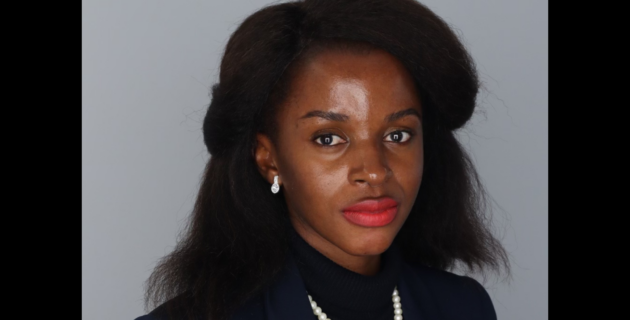
Masters Student in Biostatistics
Ndey Isatou Jobe is a masters student in the Biostatistics Department. Over the past seven years, Isatou has been deeply dedicated to a significant undertaking in Europe, focused on the creation of the world’s most environmentally friendly batteries in response to the pressing issue of climate change. Her extensive background as a biostatistician fuels her fascination with the intersection of climate change and communicable diseases, especially in vulnerable populations. Within this critical nexus, her professional journey revolves around pioneering innovative solutions, all with the overarching goal of making a substantial and meaningful contribution to the well-being of society.

Masters Student in Global Health
Neha Pondicherry is currently a 4th year medical student at the University of California, San Francisco and is concurrently pursuing her MPH in Global Health at Harvard Chan School of Public Health. She is particularly passionate about raising awareness about the growing danger that climate change poses, with a specific focus on the effects of climate change on women and children in LMICs. Neha has experience working on an initiative at UCSF trying to incorporate climate change into medical school curriculum, currently serves as one of the Learning Objective coordinators for the Climate Resources for Health Education organization, and was a Climate Neutrality Initiative Fellow for UCSF in 2021.

Doctoral Student in Population Health Sciences
Taylor J. Robinson is a PhD student in Population Health Sciences in the Social and Behavioral Sciences Department and FXB Health & Human Rights doctoral fellow at the Harvard T.H. Chan School of Public Health. She studies spatial and social epidemiology, with the broad goal of spatially analyzing the causal and historical relationship between housing, neighborhood change, and racial health disparities. Her work centers housing safety issues, chronic neighborhood disinvestment, and other forms of systemic racism as factors that exacerbate chronic respiratory conditions. She intends to explore the drivers of neighborhood disinvestment, intervene on place-based factors that worsen racial health disparities, and help to translate this research into policy action and health communication campaigns. She is a Stamps Scholar, received a B.A. in Communication Rhetoric from the University of Pittsburgh, and an accelerated MPH in Epidemiology from the University of Pittsburgh School of Public Health. Prior to Harvard, she worked at NIMHD, the CDC Global Office of Noncommunicable Diseases, and the CDC Office of Minority Health and Health Equity.
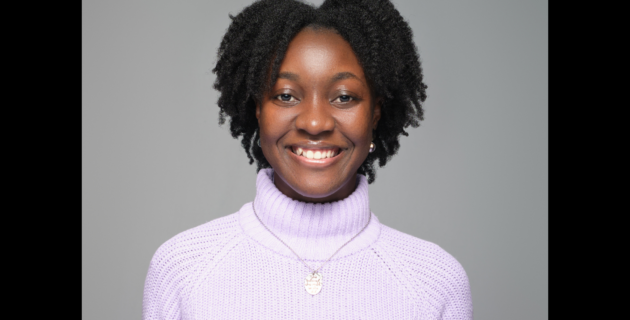
Masters Student in Social and Behavioral Sciences
Idongesit Sampson is a second-year MPH student in the Social and Behavioral Science department, with prior experience in consulting and health development. In her previous role, she contributed to the design and implementation of innovative solutions, along with providing policy guidance to tackle public health issues. Idongesit is interested in the intersection of public health and climate change. As an Ambassador, she aims to gain expertise in designing and evaluating interventions to mitigate climate impacts and advocating for proactive institutional responses to climate-related events.
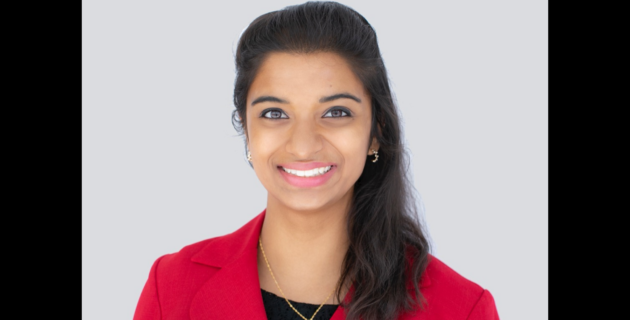
Masters Student in Environmental Health
Jinia Sarkar is a second year Master’s student in the Environmental Health Department at Harvard T.H. Chan School of Public Health. Prior to this program, she graduated from Georgetown University with a Bachelor’s in Human Science and worked at a healthcare consulting company, Advisory Board, where she pursued best practice research on service line strategy and environmental health. She is currently pursuing research on flood events and its impacts on human health, consideration of climate-related health impacts in healthcare, and tools physicians can use for patients facing extreme heat. In her free time, Jinia enjoys playing her clarinet and baking.

Masters Student in Epidemiology
Caroline Sarpy is a first year Master of Science in Epidemiology student at the Harvard T.H. Chan School of Public Health. She concentrates in environmental and occupational health. Caroline graduated from Georgetown University with a Bachelor’s Degree in Global Health in 2023, focusing on research projects related to One Health in the Brazilian Amazon as well as a study analyzing family and domestic violence in the workplace. She is excited to learn more through C-CHANGE about innovative epidemiological methods with respect to environmental studies, and how to approach study formulation using an equity-centered approach.
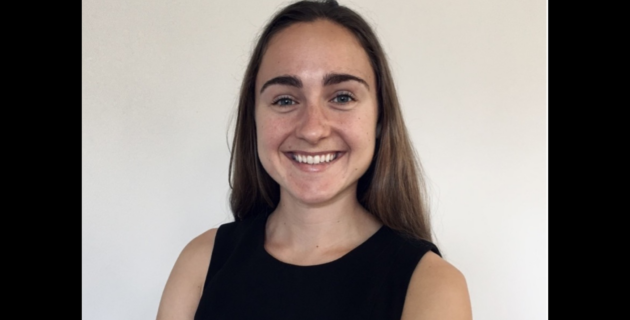
Masters Student in Epidemiology
Katie Senechal is a first year Master of Science in Epidemiology student at the Harvard T.H. Chan School of Public Health. She concentrates in reproductive, perinatal, and pediatric health and occupational health. Katie graduated from Colby College with a Bachelor’s Degree in Environmental Science in 2019. She is interested in climate related impacts on maternal and child health, specifically in relation to environmental exposures and gestational outcomes. While working with Harvard C-CHANGE, Katie hopes to gain research and advocacy skills to help healthcare systems become more proactive to climate related events.
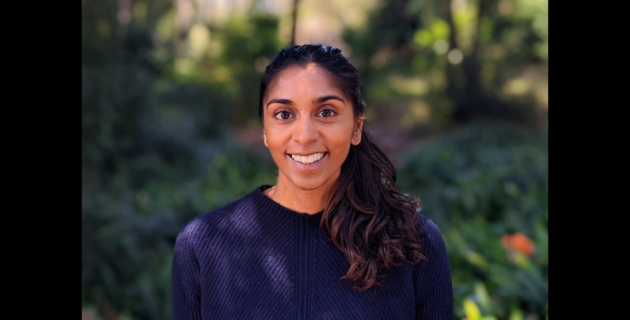
Masters Student in Global Health
Suceil Sivsammye is an internal medicine physician with a passion for climate health, cultivated through her experiences caring for underserved communities. This includes working with Spanish-speaking migrants from the Midwestern stream and individuals from Southeast Asia. Witnessing the challenges these vulnerable groups encounter during resettlement, heightened by inadequate workplace protections, ignited Suceil’s commitment to promote environmentally sustainable and socially responsible policies in the built environment. She has a keen interest in understanding the health benefits of transitioning to clean energy and enhancing green spaces. Lastly, her efforts extend to tackling food insecurity in marginalized communities. Suceil volunteered with a non-profit rooftop farm which focused on cultivating nutrient rich foods through ecological stewardship, microbial biodiversity, and liberation from the market economy.

Masters Student in Social and Behavioral Science
Sarah J.M. Wang (she/her) is a first-year master’s student of Social and Behavioral Science with a focus on Public Health Nutrition. Before joining Harvard, she was a Vice Chair of the California Public Interest Group (CalPIRG) at the University of California, Irvine, where she helped lead the “Stop the Antibiotic Overuse” campaign. She is also interested in Taiwan’s plant-based diet reform. Her academic interests include plant-based diets, animal ethics, and health communication, as well as the policies and laws governing them.
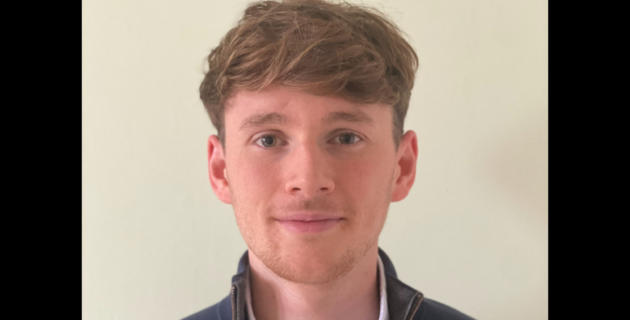
Masters Student in Global Health
Rory Wilson is a UK trained doctor undertaking an MPH as a Frank Knox Fellow. He studied medicine at the University of Glasgow, graduating in 2020 and has worked clinically for the past 3 years including in Thailand and Laos. He has previously conducted research on climate change’s impacts on the emergence of zoonotic diseases with pandemic potential and upon exacerbating humanitarian crises. He hopes to further explore climate change policy through a global health security lens.

Masters Student in Environmental Health
Maddie Wissoker is a second year Masters student in the Environmental Health Department concentrating in Risk Sciences. Maddie received her B.A. in Environmental Studies with a concentration in Ecological Determinants of Health in Society from McGill University in 2020. She then worked as a clinical research associate at the Massachusetts General Hospital Cancer Center on first in human clinical trials before coming to Harvard. She is currently doing research on the link between solar activity and mortality in the Mediterranean as a Harvard Cyprus intern. Her research interests also include the link between climate change and the spread of infectious diseases and the relationship between cancer and the environment. In her free time, she enjoys running, hiking and going to Red Sox games.
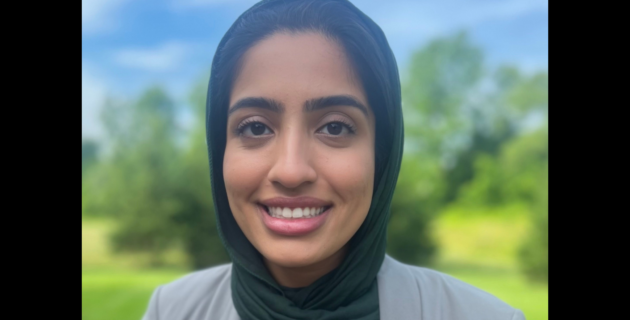
Masters Student in Environmental Health
Maryam Zafar is a second year at the Harvard T.H. Chan School of Public Health in the Environmental Health program. At Harvard, she is concentrating in environmental epidemiology and is a fieldworker for the Healthy Cities Lab. Maryam received her B.S. in Development Sociology and Biology and Society from Cornell University. Previously, she conducted research with the University of Rochester Medical Center and Cornell University. Her research interests include environmental justice, health technology, and communication. In her free time, Maryam enjoys running around Boston and reading.
